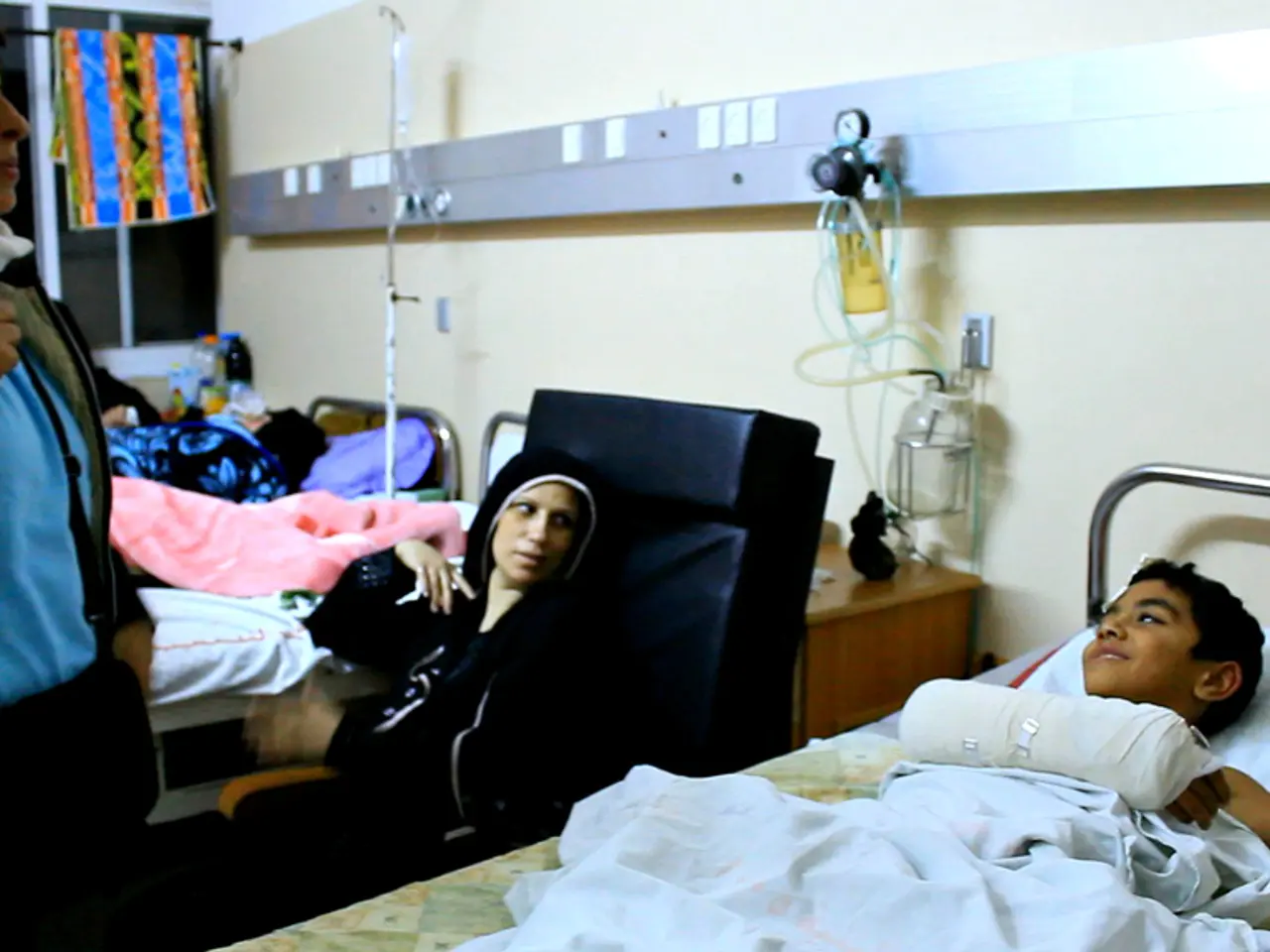Clash over Cashless Health Insurance at Risk for Policyholders: A Struggle Over Funds that potentially endangers insurance policy holders
In a recent development, the Association of Healthcare Providers of India (AHPI) has issued an advisory to its member hospitals to suspend cashless healthcare insurance services provided by Bajaj Allianz, effective from September 1. This move comes amidst ongoing disputes between healthcare providers and insurance companies, causing concern and uncertainty for policyholders.
The root of the issue lies in disagreements over which treatments qualify for special insurance-covered procedures, as well as disputes on reimbursement rates, eligibility criteria, and cost management responsibilities. The AHPI has accused insurance companies of attempting to hinder the common empanelment of healthcare providers, while insurers allege that hospitals are overcharging and not revising treatment rates for years.
Delays in payments and disputes over clinical decisions are at the core of the stand-offs between these two industry segments. High medical costs lead to upward revisions of insurance premiums, further exacerbating the problem. In an effort to bring transparency and fairness, insurers are calling for a strong healthcare regulator to standardize treatment protocols and rates across hospitals.
The contentious issues between AHPI and the General Insurance Council (GIC) are company agnostic, and there is a worry that more hospitals may not accept cashless insurance. During cashless authorization, items like implants are left open, and at payment time, the cost of these implants from reputed manufacturers is disputed and deductions are made for the differential cost, according to AHPI.
However, after a meeting with Bajaj Allianz and follow-up steps taken by them, AHPI has withdrawn its advisory on suspending cashless services of this provider. AHPI has also raised similar issues with Care Health Insurance, and they are currently in discussions to resolve the issue.
The GIC, on the other hand, has accused AHPI's sudden unilateral action of creating confusion among policy-holders and denting trust in the health insurance ecosystem. Hospitals will still treat patients and insurance companies will still reimburse payments made by policy-holders, but patients may have to bear the initial out-of-pocket payment until the disputes are resolved.
Internal discussions are underway for a possible meeting between AHPI and GIC to resolve outstanding issues. Standardization of rates across treatments at hospitals under all insurance companies could eliminate overcharging and bring down medical inflation, benefiting both patients and insurers in the long run. The hope is that a resolution will be found soon, restoring trust and certainty in the healthcare and insurance sectors.








